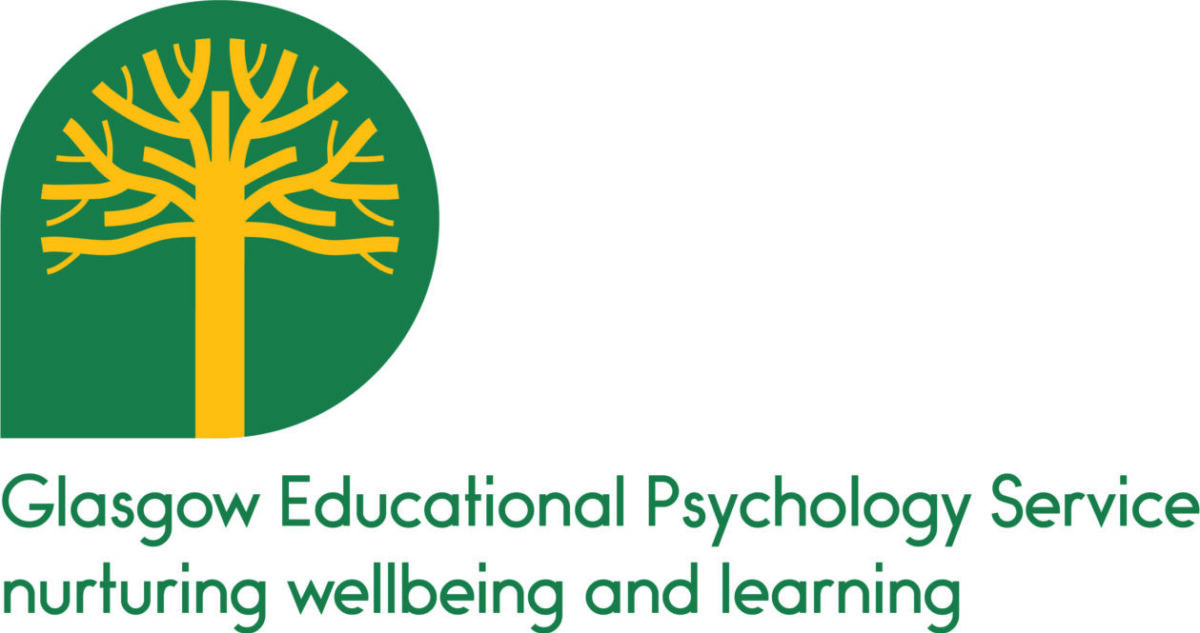Emotionally Based School Avoidance (EBSNA) is a broad umbrella term relating to emotional factors which impact on a child or young person’s ability to attend school, often resulting in prolonged absences. Within school contexts, you are probably familiar with a variety of terms used when talking about children who are absent from school for prolonged periods. It is important to make a clear distinction between children and young people who are absent from school due to truanting, for example, and those who are absent from school due to the specific emotional distress they experience around attending school.
EBSNA is complex and there are likely to be various interlinked factors as to why a child or young person might be finding it difficult to attend school. These factors will likely include the child or young person, their family and the school environment. To support EBSNA there are some key factors to consider which reflects the evidence base of factors associated with positive outcomes: early intervention, working with parents, young people and school staff, a flexible manner, emphasising the need for a rapid return to school, additional support and school adaptations. This fits well with Glasgow’s staged intervention model, thinking about the role of schools in terms of early intervention and where wider support agencies can provide consultation and advice to support schools with their thinking and planning.
Please see Glasgow’s EBSNA Practice Guidelines for more information.
Also linked below are additional resources which were discussed throughout the modules and will assist with the information gathering process:
GCC Management Circular 05a: A Positive Approach to the Promotion of Attendance Glasgow School
Nuttall & Woods paper – Effective intervention for school refusal behaviour
Information Gathering Tools:
Workbook for Gathering Children’s Views
School Refusal Assessment Scale for Children and Young People
School Refusal Assessment Scale for School Staff
Introduction and Scoring of the School Refusal Assessment Scale
Spence Children’s Anxiety Scale Website (for tools and scoring)
Solution Oriented Meeting Structure

